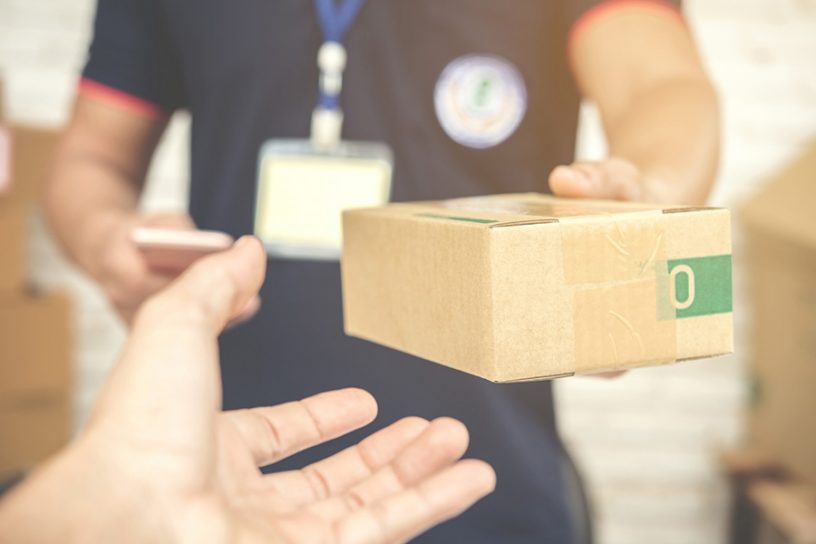
The findings are expected to aid the organizations in successfully designing product return policies while adhering to the post-COVID-19 norms, including contactless transactions and social distancing.
Authors
Chitresh Kumar, Associate Professor, Jindal Global Business School, O.P. Jindal global University, Sonipat, Haryana, India.
Anirban Ganguly, Professor, Jindal Global Business School, O.P. Jindal Global University, Sonipat, Haryana, India.
Summary
This study aims to investigate the conditions for the financial feasibility of an incentive-based model for self-drop or crowdsourced drop of the product to be returned at designated drop boxes (thereby ensuring a contactless process).
Methodology
Constraint-based non-linear mathematical modeling was done for cost differential with and without crowdsourcing. This was analyzed against returns on investment for the installed infrastructure. Scenarios were looked into from the linear, iso-elastic and logarithmic demand functions to identify the optimal incentive policy. The results were further evaluated using “willingness to return” for customer willingness for product returns via drop boxes.
Findings
Crowdsourcing is viable when product returns are no more than 15%–20% of the overall products, with a logistics cost differential of 15%–25%. These were only viable when the product return incentive was within the range of 15%–20% of the product cost, as well as the penalty was in the range of 25 to 40% for wrong returns.
Research Implications
The findings are expected to aid the organizations in successfully designing product return policies while adhering to the post-COVID-19 norms, including contactless transactions and social distancing.
Originality
The study provides a look into the viability sensitivity of effective gains/profitability against the required level of service for returns, wrong returns, penalties and incentives for crowdsourcing in a developing country like India.
Published in: Journal of Global Operations and Strategic Sourcing
To read the full article, please click here.


